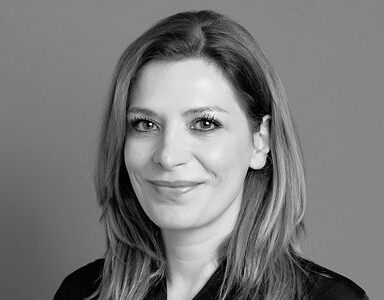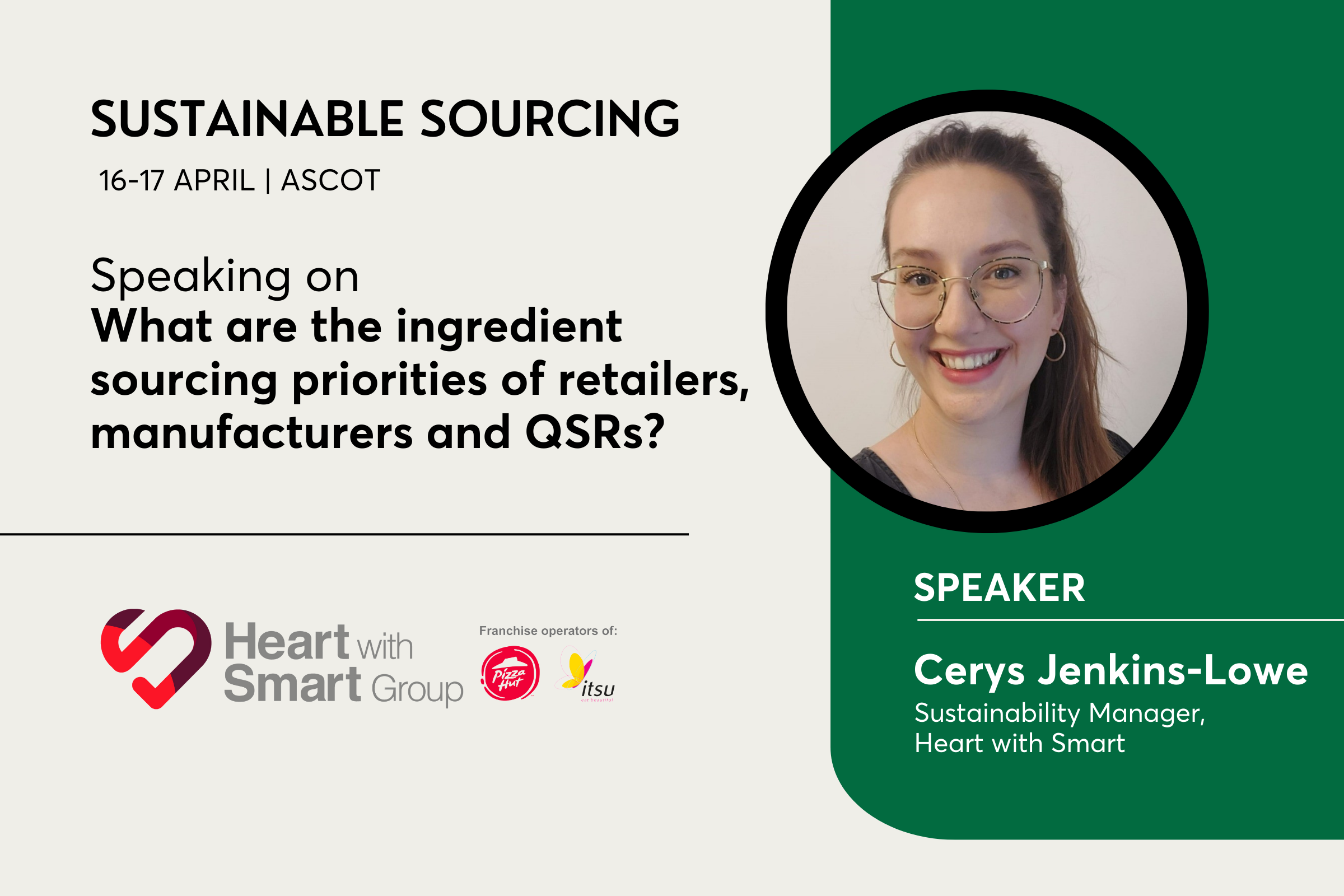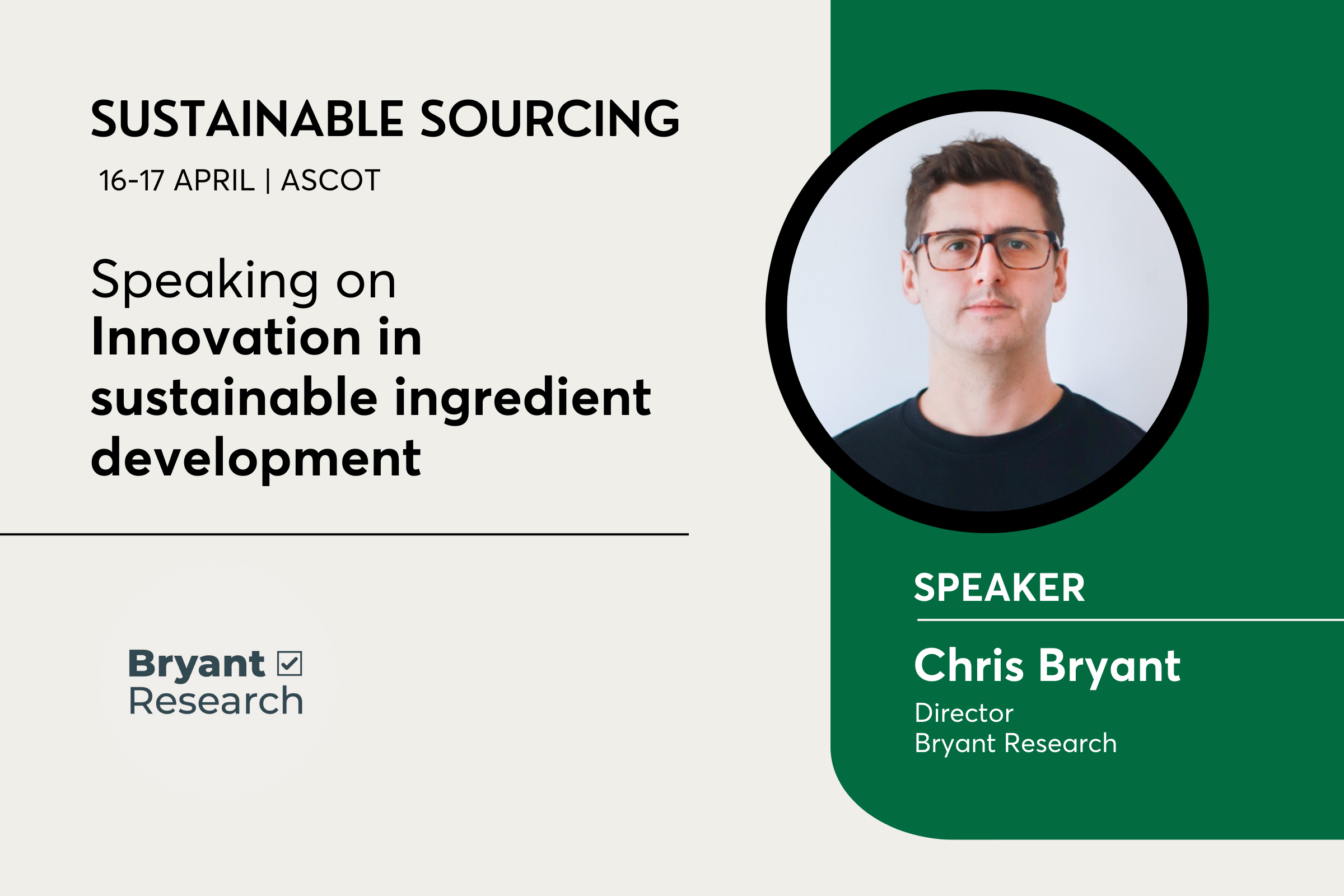Sustainable Food Forum: “We’re producing more food than we need, but we’re still hungry”

What does sustainability mean? When Anne Marie Butler, Global Director for Strategy and Innovation at dairy-free and dairy flavours company Edlong and speaker at Food Matters Live’s Sustainable Food Forum, was asked this question, she realised that the concept differs for everyone, according to what their business or personal sustainability needs are.
Ultimately Anne Marie has come to the conclusion that sustainability means longevity, and, in her opinion, it can only be attained through collaborative work. Whatever meaning sustainability has for each of us, speakers at The Sustainable Food Forum all agree on one thing: the food system as it is now is in need of urgent change.
“Anything short of a total food system transformation will fall short on tackling climate change,” said Chatham House’s Dr Helen Harwatt. Speaking on the The future of food: how to transform the global food production system today [19.09.2023], she stressed the importance of scaling down on animal agriculture, restoring vegetation through reforestation, and championing biodiversity. These changes must be achieved through policy, Dr Harwatt said, and whilst there are challenges ahead, she believes that these challenges present opportunities.
Orchestrating change is of the utmost importance for Food Valley CEO Marjolein Brasz too. Hailing from The Netherlands, the biggest exporter of meat in Europe, she believes that in order to meet sustainability goals, the protein system needs to be restructured. In her opinion we mustn’t just focus on the production of food, but also on its consumption, and as consumers we have to make conscious, informed decisions about what we purchase. Supply and demand must be tackled together to achieve sustainability goals.
Speaking on the Making the business case for sustainable food across the supply chain panel with Anne Marie Butler, Alberto Musacchio, CEO of Italian plant-based meat company Food Evolution, agrees with Brasz that, as consumers, we need to make mindful choices, both in terms of what we eat and how much. “If we consume too much, it will have a detrimental effect on the planet,” he said. Alberto stressed the importance of paying a fair price for healthy, sustainable food, pointing out the difficulties facing a plant-based food company when trying to compete with an established meat brand. Not only do meat companies receive subsidies from governments and, in the case of Europe, the EU, but the price they pay for meat is extremely low. The discrepancies between the cost of meat and plant-based ingredients are huge and with the pressure food distributors place on producers, Musacchio fears that only a handful of large manufacturers will be able to meet these demands, effectively outcompeting smaller businesses and creating an oligopoly.
Meat and dairy subsidies are also a key issue for activist and environmentalist Jonathon Porritt, who also took part in the The future of food: how to transform the global food production system panel. For Porritt, the global food system is the single most destructive force on earth. He’s not one to mince his words. In his 40 years as an eco-campaigner he’s seen it all. We are in a climate emergency and yet the UK and US governments spend 1200 times more to promote meat and dairy than plant-based, he said. Traditional animal agriculture has no intention of giving up the huge subsidies it receives, he stressed, adding that “Big ag and big meat are as dangerous as big oil now.” He has some clear and unambiguous advice for those who believe they can work together with these businesses to improve the global food system: “Disengage with these companies, they are evil.”
But for Angela Francis, Chief Advisor Economics and Economic Development
WWF, transition and collaboration are key to achieving sustainability in the food system. The NGO is working with major financial institutions to help them identify the companies in their portfolio that haven’t committed to solid environmental targets, or worse, who partake in environmentally-damaging practices.
Sustainability means that we not only have to make changes in the food system to cut down GHG emissions, but that we must also prevent further damage to the planet, human health and to improve animal welfare. It’s also vital that we readdress food distribution and security. “We’re producing more food than we need,” Francis says “but we’re still hungry.”









